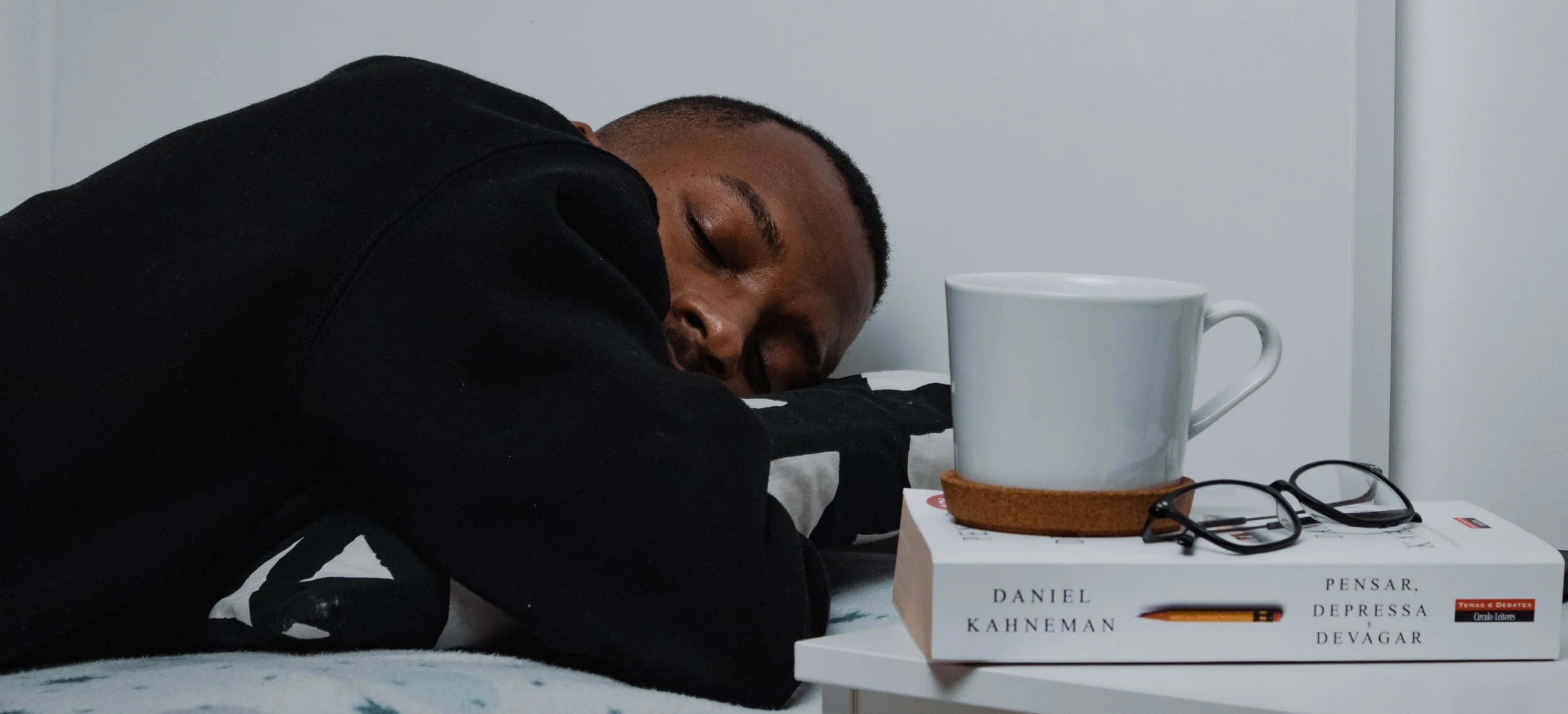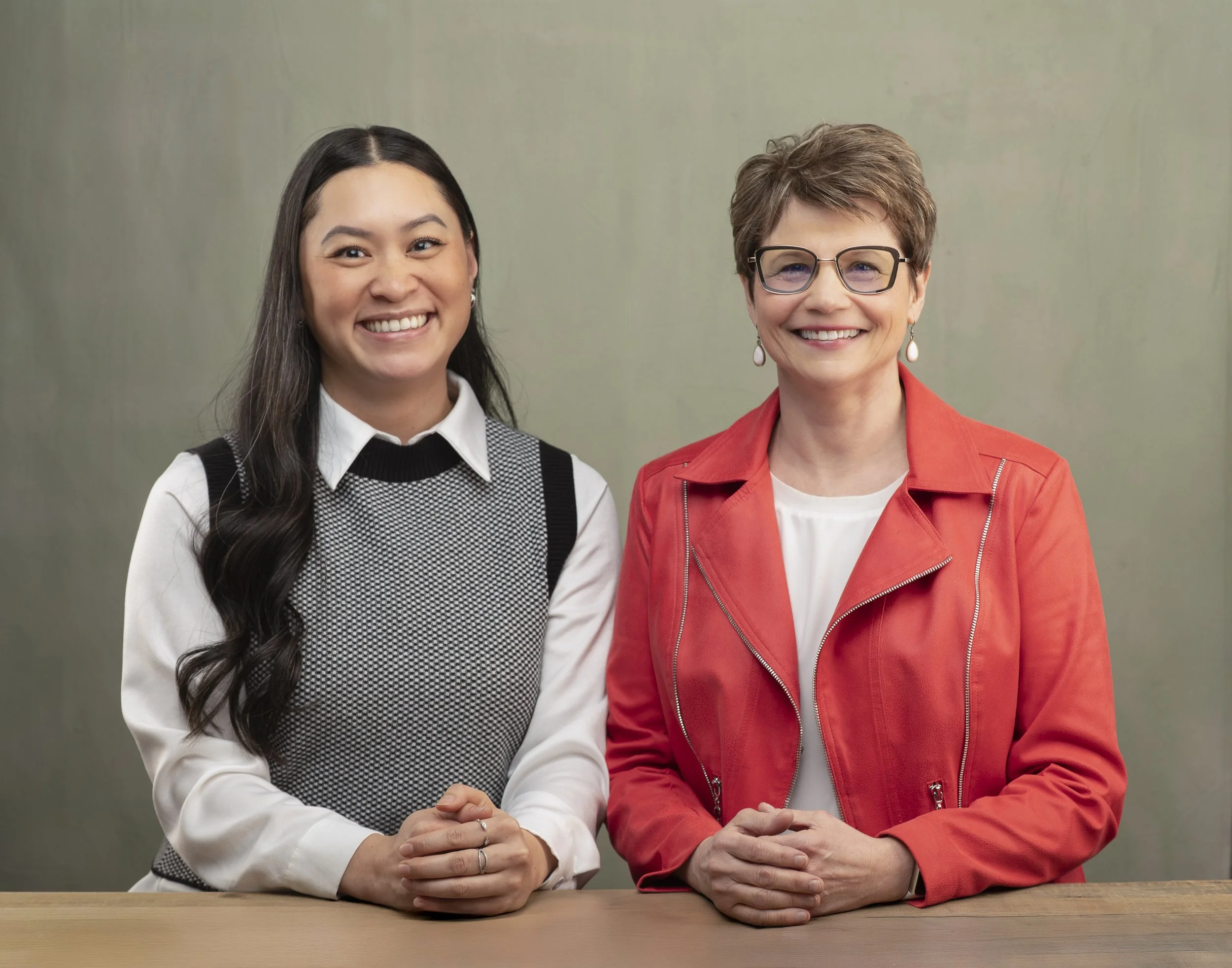The Brain Health Bulletin - May Edition
Welcome to the May edition of Holly’s monthly newsletter!
As the days get longer and brighter, it's the perfect time to refocus on your brain health goals. This month, we're continuing to build momentum with new classes, fresh resources, and inspiring ways to keep your brain active and engaged. Whether you're looking to boost mental fitness, explore the latest research, or simply stay curious, there’s something for everyone.
We’re also highlighting some of your favorite brain-friendly habits and sharing practical tips to help you stay sharp as we head into summer.
Got a favorite podcast, article, or tool that supports brain wellness? Send it our way—we’re always on the lookout for great content to feature!
Did You Know?
Not only are our attention spans shrinking, but they are also being challenged more than ever by the constant demands of modern technology and media.
While the somewhat humorous suggestion that humans now have shorter attention spans than goldfish may be exaggerated, experts agree that our ability to maintain focus is being eroded as our attention is increasingly fragmented by a flood of digital distractions.
Not only is our ability to focus decreasing, but technology and constant information overload are pulling our attention in more directions. In a world filled with notifications, multitasking, and digital distractions, our brains are constantly switching tasks, and that switch comes at a cost.
Research shows that frequent task switching can increase stress and reduce overall productivity. Instead of doing many things at once, focusing deeply on one task at a time—also called "monotasking"—can improve both efficiency and mental clarity.
Quick Tip: Try setting aside specific blocks of time for focused work without checking your phone or email. Even short, uninterrupted sessions can help retrain your brain to stay engaged longer and improve cognitive stamina.
Want to learn more?
Listen to the full APA podcast episode: How to get your attention back
Planning Ahead: We Want Your Input
Since the beginning of our journey, we’ve launched several events and classes that have been met with incredible support from our community. We’re so grateful for your enthusiasm and participation!
As we look ahead, we want to ensure we continue delivering meaningful, high-quality content that meets your needs and interests. While we won’t be hosting any new events this month, we’re using this time to plan—and we’d love your input.
Please take a moment to complete our short survey and let us know what you’d like to see next.
Your voice matters, and your feedback will help shape our upcoming offerings.
Sleep & Brain Health: A Vital Connection
We often hear that sleep is important, but recent research is helping us understand just how vital it truly is for brain health. A new study, highlighted by CTV News, suggests that a decrease in deep sleep may significantly increase the risk of developing Alzheimer’s disease.
Deep sleep, also known as slow-wave sleep, is the stage of rest when the brain consolidates memories and clears out harmful waste, including the amyloid-beta proteins associated with Alzheimer’s. As we age, the amount of deep sleep we get naturally declines. This study found that lower levels of deep sleep in older adults were linked to higher levels of these harmful proteins in the brain, potentially raising the risk of cognitive decline.
The findings emphasize the importance of prioritizing quality sleep, especially as we age. Establishing healthy sleep routines, limiting screen time before bed, and creating a calm sleep environment can all support deeper, more restorative sleep.
Curious to learn more about the sleep-Alzheimer’s connection?
Big News: Our Brain Health Research is Going Global!
🇨🇦➡️🇮🇹
This summer, Dr. Holly Bardutz is heading to Italy to present our Brain Health and Fitness Class research at the European Congress of Sport Science, one of the leading academic conferences in the field. The proposal was accepted through a rigorous peer-review process, and we're thrilled that Holly and her team will be representing Canada, the University of Regina, and the Saskatchewan Health Authority on the international stage.
The research being presented focuses on the impact of our Brain Health and Fitness Class on older adults’ feelings of subjective hope. In fact, Holly and her team refer to participants not as “older adults,” but as Developing Adults—because we believe learning and growth never stop.
The weekly class explores practical strategies that support brain wellness, including:
Nutrition: Fueling your brain with what it needs
Sleep: Understanding how sleep enhances brain health
Social Connection: Building meaningful relationships
Exercise: Staying active in simple, enjoyable ways
Stress Management: Calming the mind and body
The results? Participants who completed the 8-week course saw an increase in feelings of hope, while those who were on the waitlist experienced a decline. And why does that matter? Because hope is a powerful predictor of positive health choices and overall well-being.
This research was conducted by her incredible team of research assistants, including students from medicine and pre-med programs. Also listed as an author because of her as a Teaching Assistant in the brain class is Alison Singharath. Here’s a look at their official abstract:
Title: Brain Health and Fitness Classes in Older Adults: Effects on Feelings of Subjective Hope
Authors: Zain Khan, Jyotpal Singh, Syedahmad Moin, Shakib Dire, Alison Singharath, Holly Bardutz
Institutions: University of Regina, Saskatchewan Health Authority
Department: Kinesiology and Health Studies
Country: Canada
Introduction: The aging population in Canada influences the creation of strategies to offset age-related conditions. As someone ages, cognition begins to decline exponentially. Studies show that abiding by a healthy lifestyle can preserve cognitive function for older individuals. However, the number of individuals engaging in healthy lifestyle interventions such as exercise decreases rapidly after the age of 60. Literature suggests that individuals who are more hopeful are more likely to be engaged in health promoting lifestyles. The following study was conducted to evaluate if a brain health and wellness class intervention improved feelings of subjective hope among older individuals.
Methods: Participants between the ages of 60-76 years old took part in an 8-week brain health and fitness class and were offered the ability to bring a support person. The class focused on teaching participants about nutrition, socialization, sleep, stress, and exercise as methods for improving brain health. Weekly classes were tailored to include relevant activities to encourage classroom participation. Participants were given the opportunity to participate in research and 4 individuals from the class chose to participate. Prior to the start of class, participants completed the Adult Hope Scale, which they completed again following the conclusion of the 8-week class. These participants were compared to 5 other participants between the ages of 53-71 who were on the waitlist for the class. Both groups were tested at dates before and after the intervention, and changes in subjective hope were monitored.
Results: The 4 participants completed the 8-week course intervention and pre- and post-assessments with overall satisfaction about the requirements of the study and the course length. After the course, it was found that on average, the intervention group experienced an increase in hope scale score from 56.5 to 58.5, whereas the waitlist group decreased in average hope scale score over the length of the intervention, from 53.4 to 49.2.
Conclusion: Individuals who took the Brain Health and Fitness class experienced an increase in feelings of subjective hope on average. Conversely, the control group who did not participate in the class, experienced a decrease in feelings of subjective hope over the course of the intervention. These findings suggest a possible correlation between taking a Brain Health and Fitness class and improving subjective hope for older individuals. Further research will include larger sample sizes, including individuals with Parkinson’s Disease and other neurological conditions, as well as the general population.
Holly will be attending the conference to learn about cutting-edge research on brain health from around Europe. Sometimes the focus in European research differs slightly from what we see in North America, and we’re excited to bring back those new insights and share them with you in a future bulletin.
Stay tuned—we can’t wait to tell you all about it!
Recent Research & Recognition
Celebrating Holly Bardutz and Alison Singharath
Photo Credit: Peter Scoular Photography pjscoular@gmail.com
We’re thrilled to share some exciting news from the Brain Health and Wellness Lab! Dr. Holly Bardutz and Alison Singharath have been named a finalists in the 2025 YWCA Women of Distinction Awards in the Women Breaking Barriers category for their work in brain science and technology. This prestigious nomination recognizes their innovative contributions to brain health education, research, and community impact.
Holly and Alison’s work, ranging from leading-edge studies on brain fitness to hands-on community education, continues to shape the future of brain wellness in Saskatchewan and beyond. Their selection as finalists is a powerful testament to their dedication to science, inclusion, and lifelong learning.
Let’s cheer them on! You can show your support by sharing this news and celebrating their impact.
📽️ Watch the official finalist reel here: Instagram Video
📍See the full list of inspiring nominees: YWCA Regina Women of Distinction Finalists
Thank you for being part of the growing community supporting women in research and leadership!
From Holly and all of us at Community & Company, we hope you’ve enjoyed this month's edition of The Brain Science Bulletin!
If you know someone who would find this newsletter helpful, feel free to share it with them. They can also join our mailing list by signing up at the bottom of our website’s Contact Page.
Thank you for being part of our community—we appreciate you! See you in the next edition.
Warm regards,
Holly Bardutz and the Community & Company Team
“You make your brain, then your brain makes you!”
Disclaimer: The information provided here is for educational purposes only and is not intended as medical advice. Always consult a qualified healthcare professional for medical concerns or treatment.



